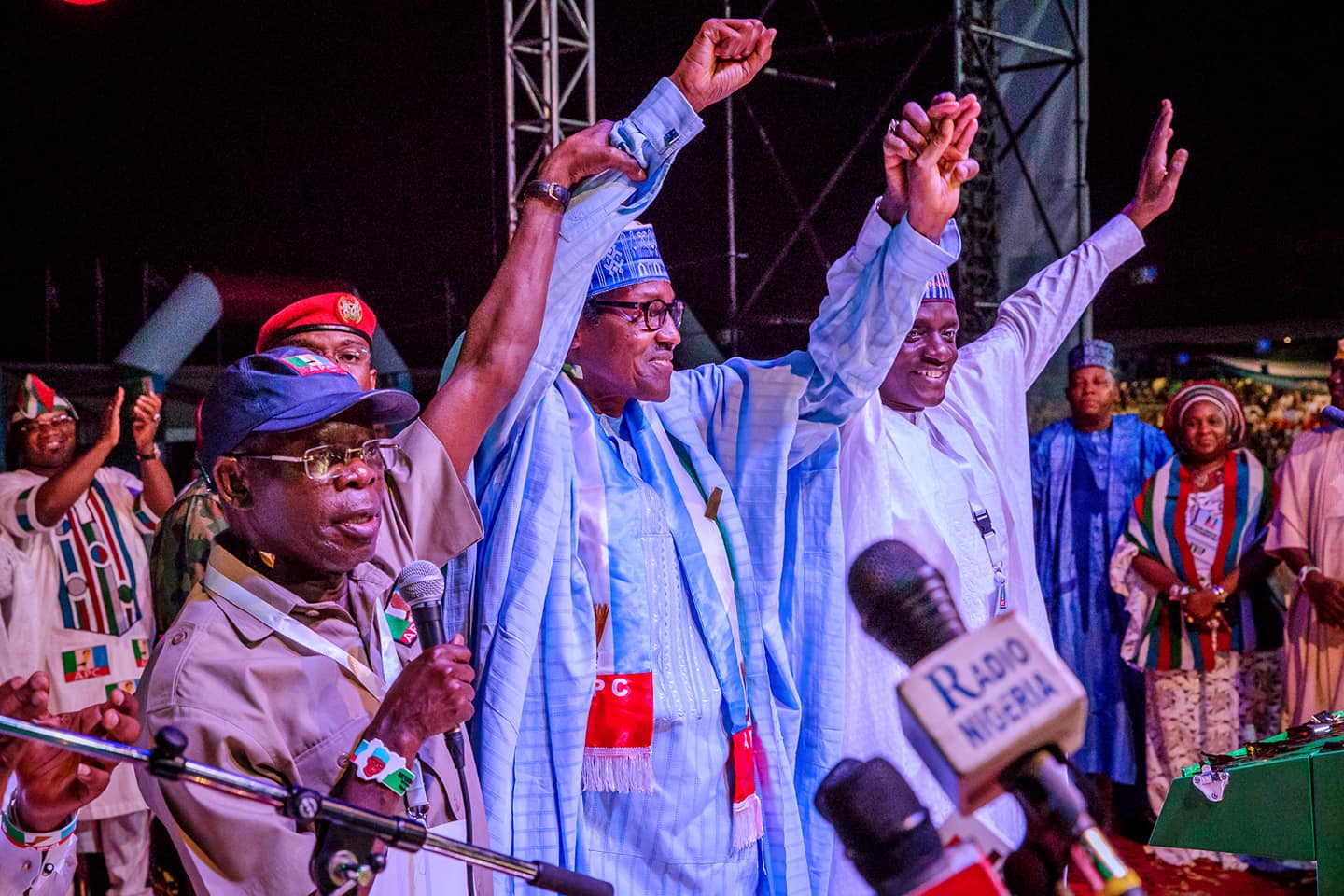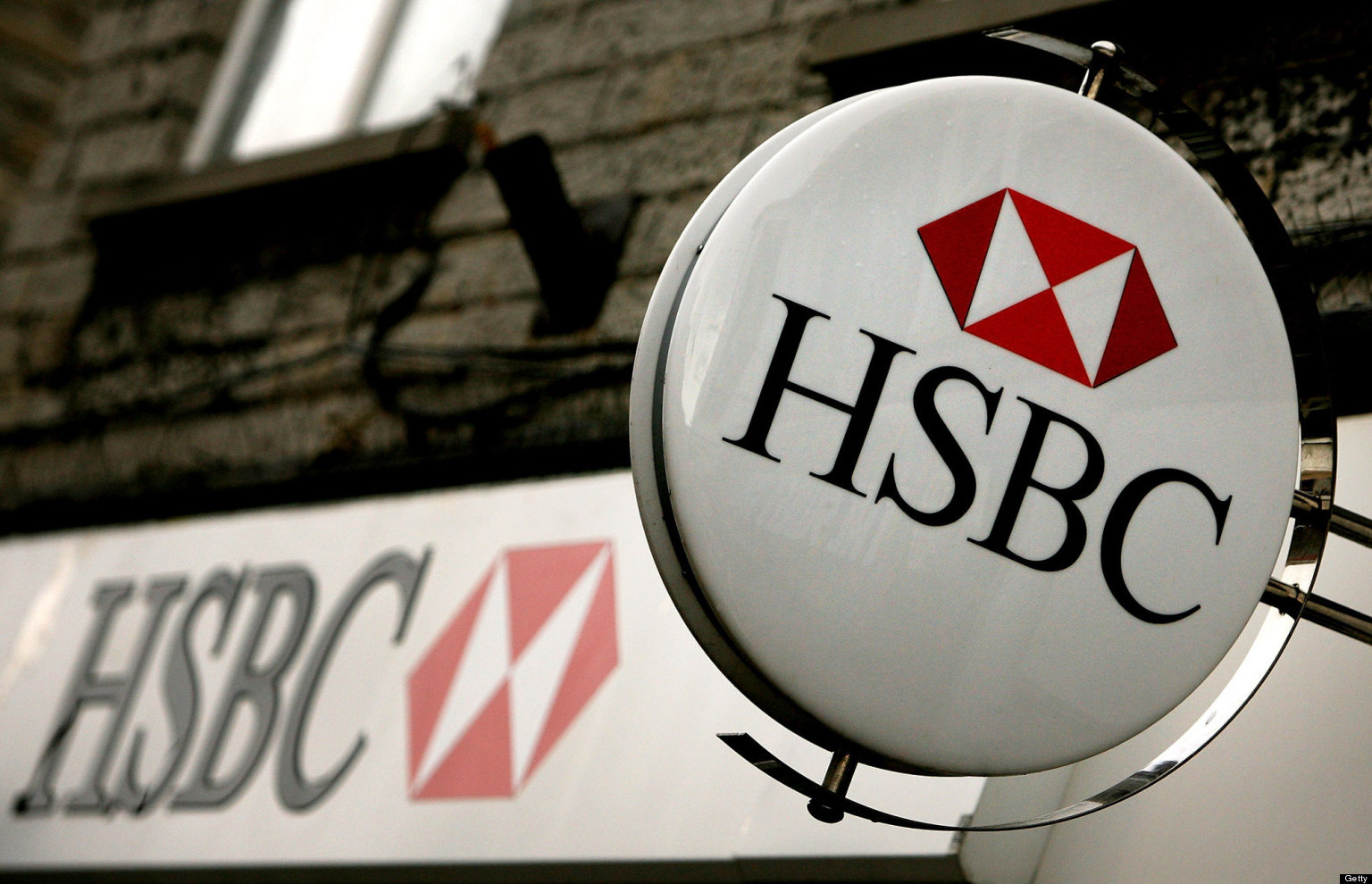Two of the world’s biggest global banks, HSBC Bank and UBS have closed their offices in Nigeria following bleak economic performance and an even bleaker forecast.
HSBC, one of the world’s largest banking and financial services organisations is headquartered in London, while UBS is a Swiss multinational investment bank and financial services company that provides financial services to private, corporate and institutional clients in over 50 countries including Nigeria.
In September, HSBC Bank had predicted that re-electing President Muhammadu Buhari in 2019 could worsen Nigeria’s economic woes.

Although the CBN did not disclose the reasons for the HSBC closure, financial industry sources linked the development to the bank’s running battle with the federal government over its poor rating of the Buhari government’s economic policies.
A source noted that the two firms’ decision to close their representative offices in Nigeria could be a prelude to their eventual exit from the country, adding that “this ugly development does not augur well for the country.”
“It is also a signal that all is not well with the nation’s economy,” he added.
HSBC had in a report in September by its Global Research Unit, entitled, “Nigeria, papering over the cracks”, emphatically stated that Buhari’s re-election for another term would spell doom for the country’s economy.
It said: “Buhari’s second term raises the risk of limited economic progress and further fiscal deterioration, prolonging the stagnation of his first term, particularly if there is no move towards completing reform of the exchange rate system or fiscal adjustments that diversify government revenues away from oil.”
The bank noted that the “economic growth remains sluggish and reliant on the rebound in oil output while the non-oil economy, which accounts for about 90 per cent of GDP, continues to languish with many service sectors still mired in contraction.”
Furthermore it noted that “unemployment continues to rise, up almost three-fold in three years to 19 per cent in Q3 2017, pushing the number in poverty to 87 million.”
The bank also noted the country’s continued reliance on oil revenues, the issue of inadequate non-oil tax collection, pointing out that a large share of the budget was directed to debt service.
It also faulted Buhari government’s debt management strategy and the issuance of external debt to redeem more expensive short-term government securities, pointing out that while it is helping to reduce debt service costs in the near term, it exposes the fiscal position to exchange rate risk in the event of a future decline in oil prices and naira devaluation.
These predictions by the bank did not go down well with the federal government, which days, after, accused the bank of conniving with past Nigeria’s leaders to loot the country’s resources.
Garba Shehu, a spokesperson to President Muhammadu Buhari, accused the HSBC of laundering more than $100 million for the late General Sani Abacha in Jersey, Paris, London and Geneva.
He said the bank was also suspected in the laundering of proceeds of corruption involving more than 50 other Nigerians, including a serving senator.
The Buhari-controlled Economic and Financial Crimes Commission, swiftly accused the bank of engaging in money laundering.
It claimed that “part of Abacha Assets yet to be recovered are: $12 million in HSBC Fund Admin Ltd with account number S-104460 in Jersey; $20 million in HSBC Life (Europe) with account number 37060762 in U.K and $1. 6 million in HSBC Bank plc with account number 38175076 in UK.”







